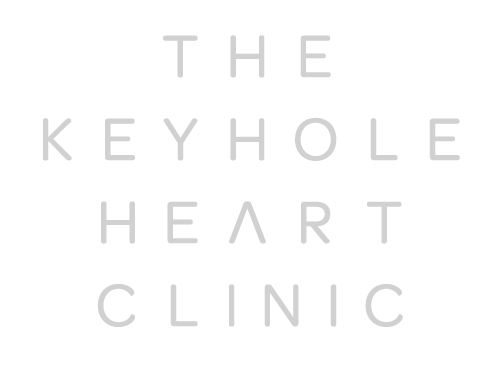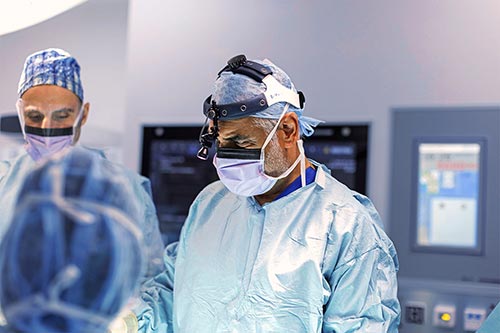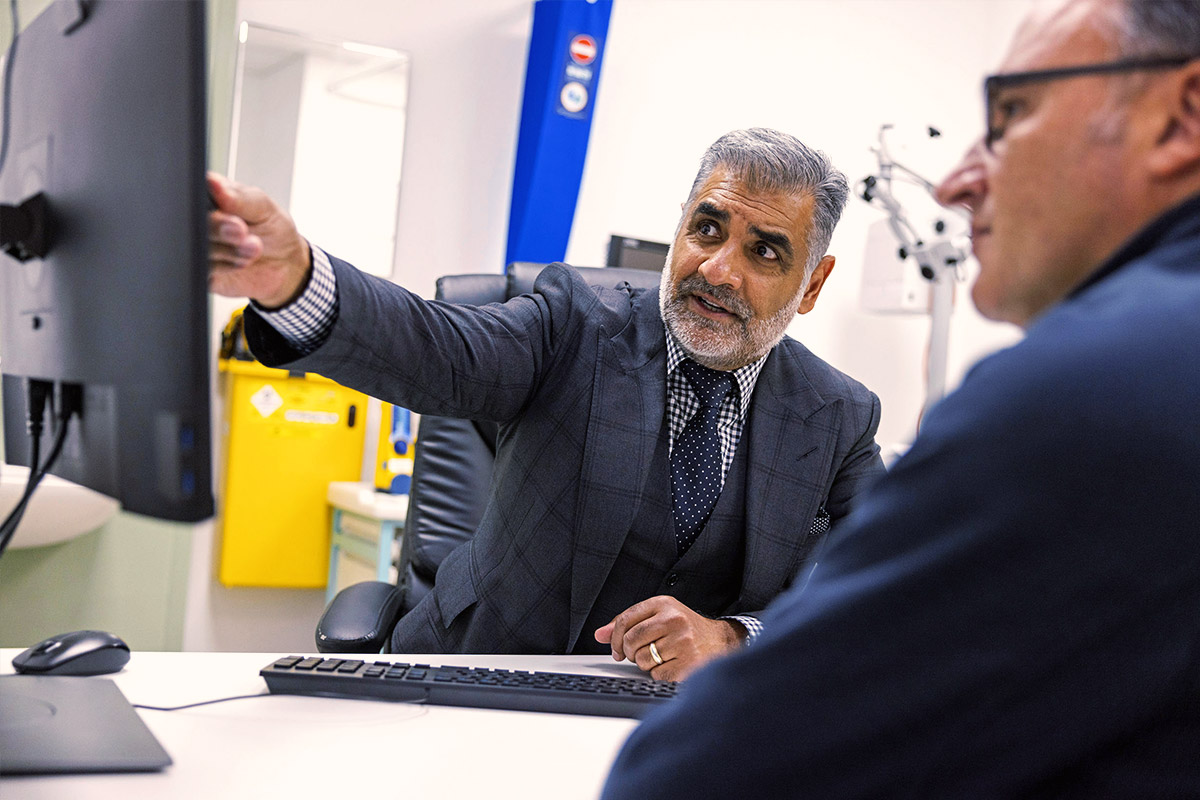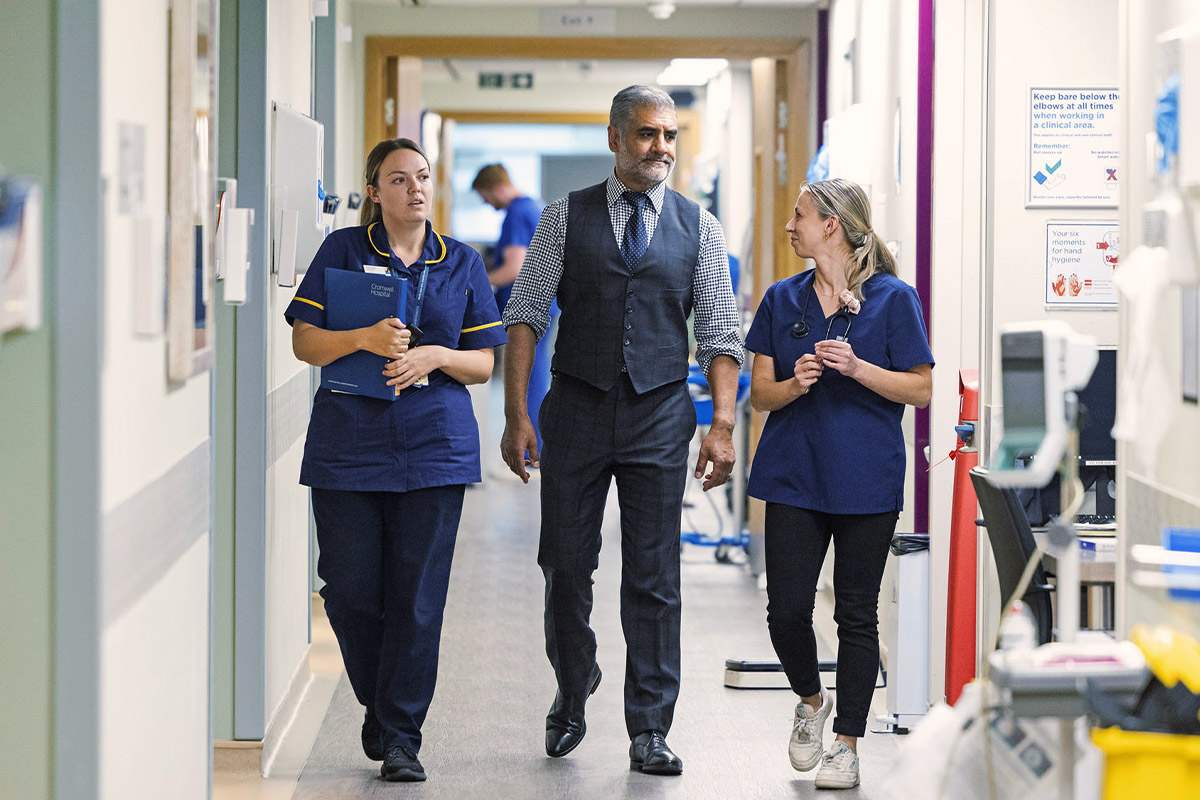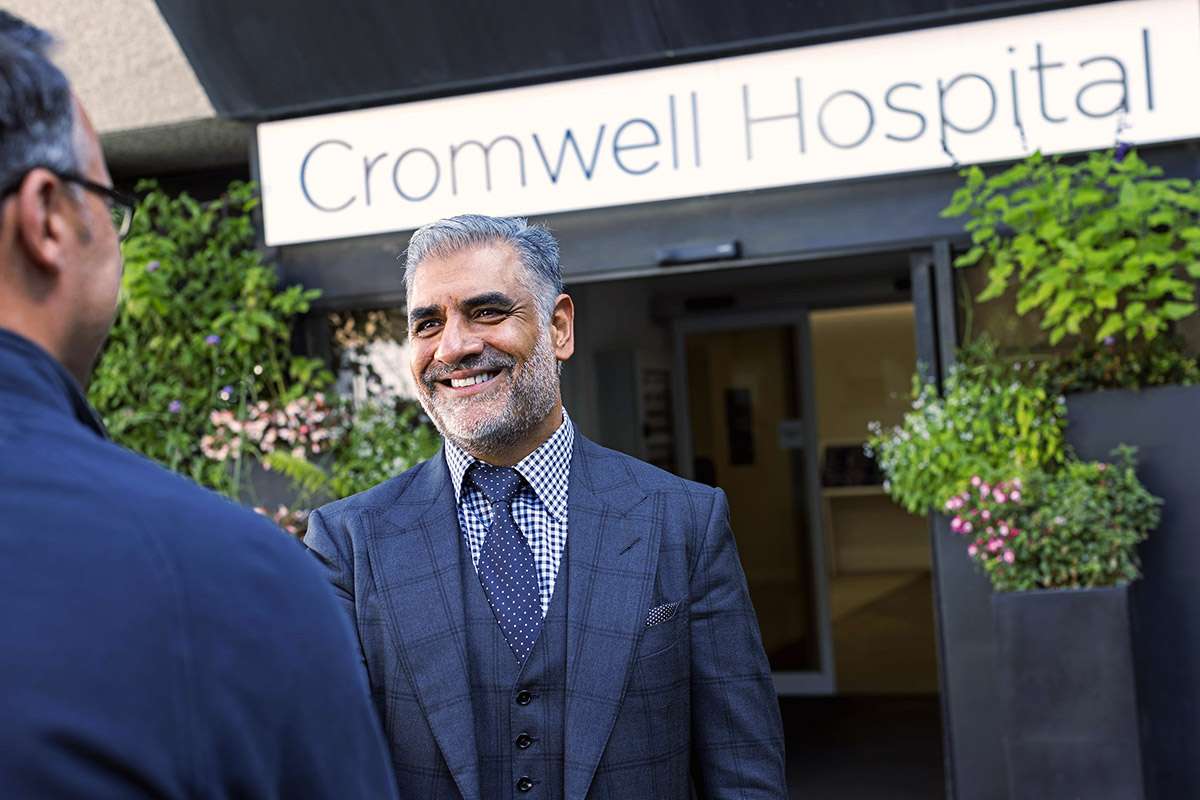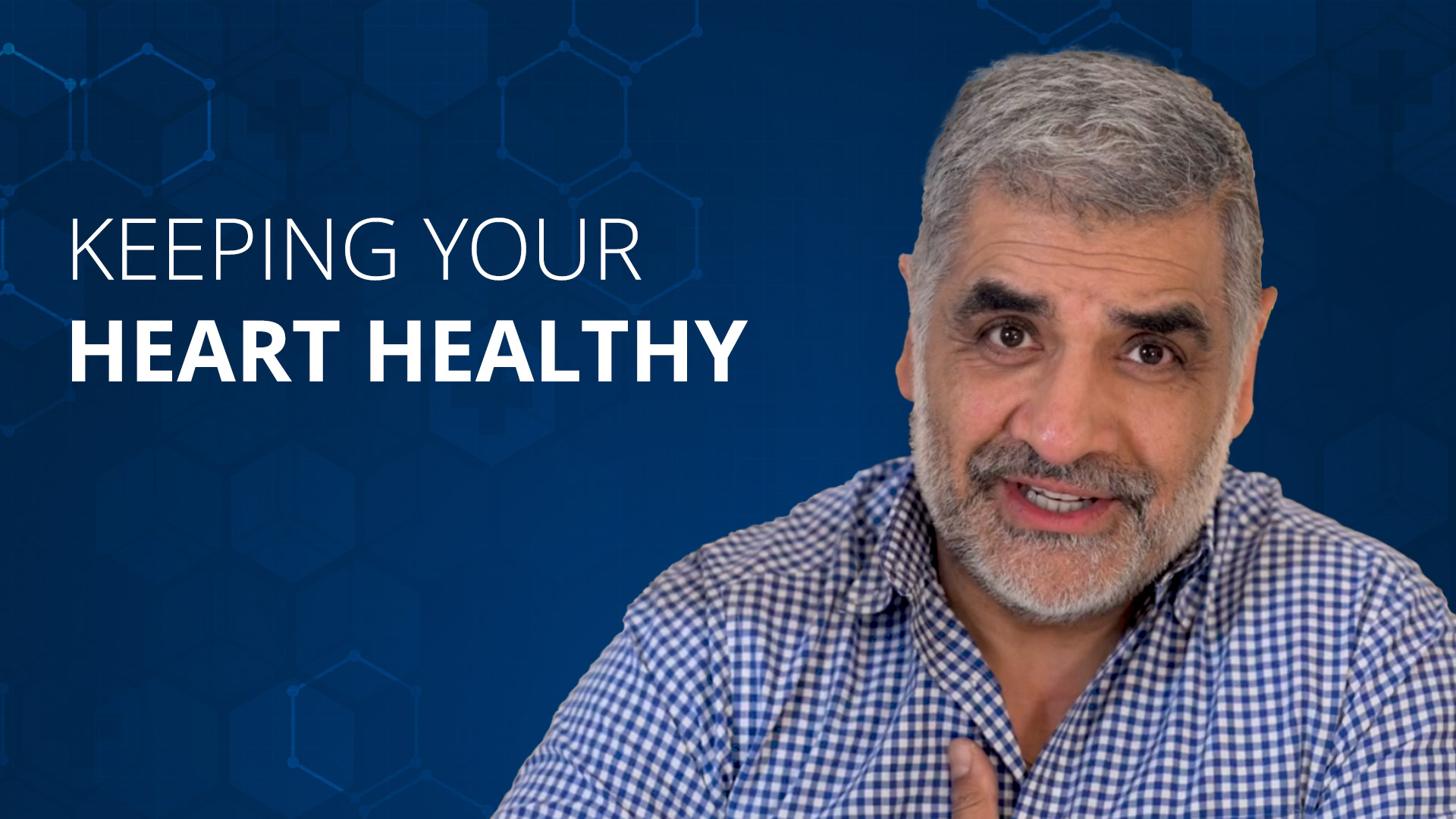Ablation of Atrial Fibrillation
Read MoreASSOCIATED CONDITIONS
At The Keyhole Heart Clinic, we are experienced in Atrial Fibrillation ablation, and you will find all the information concerning this procedure here. The Atrial Fibrillation ablation procedure is a treatment used to alleviate the atrial fibrillation heart rhythm completely. Here, we explain the types of Atrial Fibrillation as well as the varying aspects of the Atrial Fibrillation Ablation recovery period. If you have any questions, please feel free to get in contact with us today to find out more.
What is Atrial Fibrillation Ablation?
Atrial Fibrillation (AFib) is a heart rhythm disorder that occurs when the blood does not flow as it should through the atria, causing blood to pool inside, increasing the risk of a blood clot. Atrial Fibrillation is thought to arise from one or more of the pulmonary veins (where the lungs meet the heart) leading to an uncoordinated rapid contraction of the heart. Atrial Fibrillation ablation is the procedure used to treat this issue, and there are three types of AFib;
- Paroxysmal Atrial Fibrillation, Persistent and Chronic/Permanent.
Paroxysmal Atrial Fibrillation is where the symptoms occur regularly, then spontaneously stopping. This can range for how long it occurs, from a few seconds, hours or even many days before returning to a normal rhythm. IF it is persistent, then this is where it lasts for longer than 7 days, and Chronic, or permanent, is where it reaches the point of being a constant issue, going on for many years.
The objective of any form of Atrial Fibrillation ablation London therapy is to electrically isolate the pulmonary veins from the rest of the heart in an attempt to prevent these haphazard stimuli. The signs of Atrial Fibrillation symptoms can include:
- Chest Pain
- Light-headedness
- Fatigue
- Heart Palpitations – chaotic beating
- Shortness of Breath
The Atrial Fibrillation causes can stem from genetics to medications, but they are also influenced by lifestyle including alcohol intake, obesity, caffeine, nicotine, low potassium or magnesium levels and illicit drug use. There can be a wide range of reasons why this may happen, and the Atrial Fibrillation life expectancy will vary. Therefore, we provide Atrial Fibrillation treatment to help the heart’s normal function and help those living with Atrial Fibrillation with a surgical solution. So, what are the types of Atrial Fibrillation treatment we can provide at The Keyhole Heart Clinic?
Catheter ablation for the treatment of Atrial Fibrillation:
This treatment involves the advancement of catheters into the heart via the groin vessels. These catheters are placed at the orifices of the pulmonary veins and can detect abnormal electrical activity in these zones. Any detected abnormal activity can be destroyed with radiofrequency heat energy or cryotherapy cooling energy.
This type of treatment is most effective in patients with Paroxysmal Atrial Fibrillation, where the Atrial Fibrillation occurs occasionally. The immediate result of Catheter ablation can be very good. However, recurrence can happen in as many as 30% of patients within one year and repeat therapies may be required.
Keyhole surgical ablation is far more effective in the short and long term and should be considered if catheter pulmonary vein isolation does not work. We would not advise continued medical control if there is a good chance that the Atrial Fibrillation can be cured.
Something to bear in mind is that Catheter ablation is not an effective therapy for permanent Atrial Fibrillation. When the rate of atrial fibrillation cannot be controlled with drugs, a different strategy is sometimes required where the conduction system that connects the fast beating atrial chambers (the AV node) can be disconnected from the big muscular ventricles. This is called AV Node Ablation. The heart rate must be restored using a permanent pacemaker, but unfortunately, the efficiency of the heart’s normal function cannot be restored using this therapy. We do not advise AV node ablation without first considering a surgical strategy for Atrial Fibrillation Ablation London. It is also vital to exclude the presence of leaking heart valves (especially one valve called the mitral valve), as this may require surgical repair in order to ever have any chance of alleviating the Atrial Fibrillation.
Surgical treatment of Atrial Fibrillation (Maze procedure):
Pulmonary vein isolation for the treatment of Atrial Fibrillation is a very effective therapy. In patients with Paroxysmal Atrial Fibrillation, Keyhole Atrial Fibrillation ablation can be performed. Clinicians are beginning to realize that when catheter-based therapies fail to control Atrial Fibrillation in its early phase, surgical ablation should be offered as an effective solution to Atrial Fibrillation and Strokes.
In more advanced diseases where Atrial Fibrillation can become permanent, surgical therapies are very effective in experienced hands and should be considered in suitable patients. Patients undergoing any form of heart surgery should be considered for surgical Atrial Fibrillation Ablation at the same time.
Stand-alone surgery (i.e. Atrial Fibrillation Ablation only) should be considered for symptomatic patients who prefer a surgical approach. They may have failed one or more attempts at Catheter ablation or are not suitable candidates for Catheter ablation.
Services
How We Can Help You
